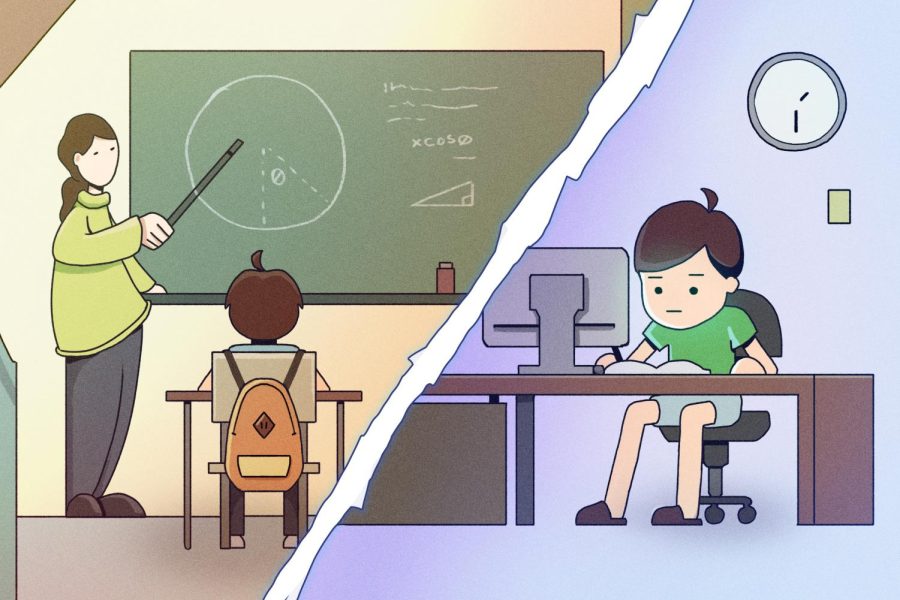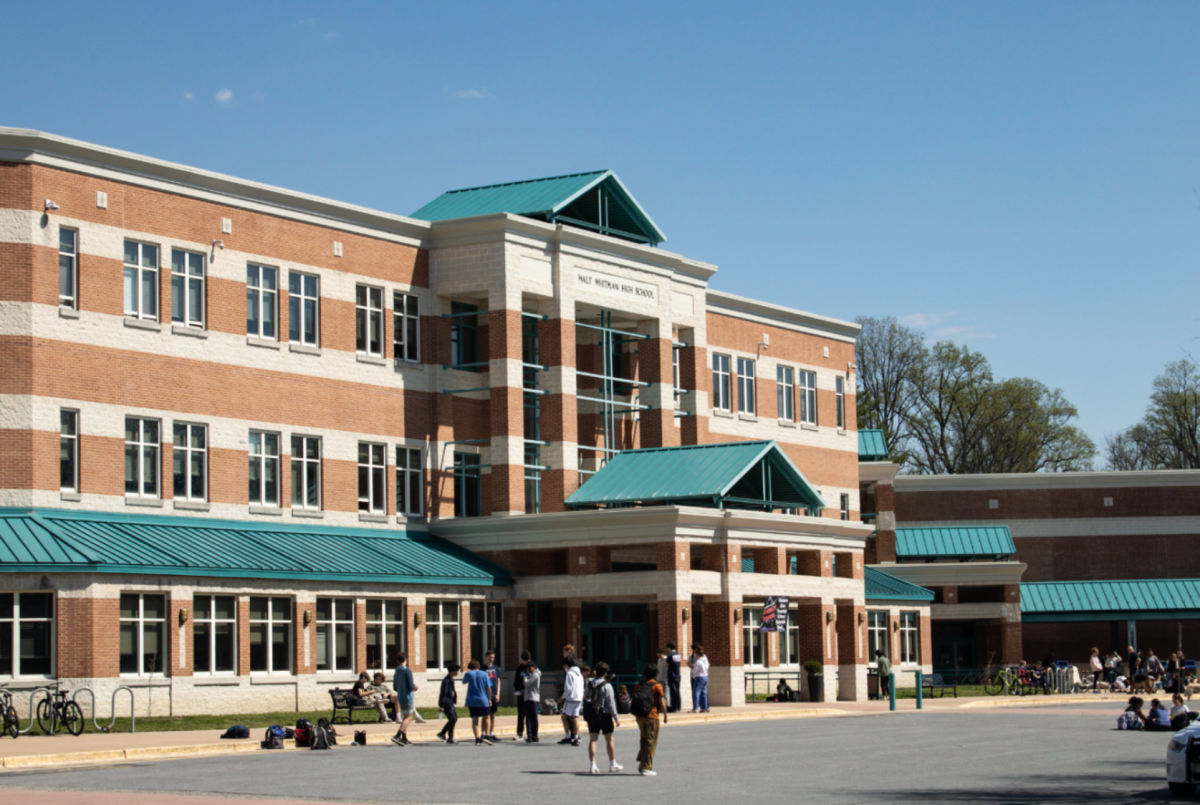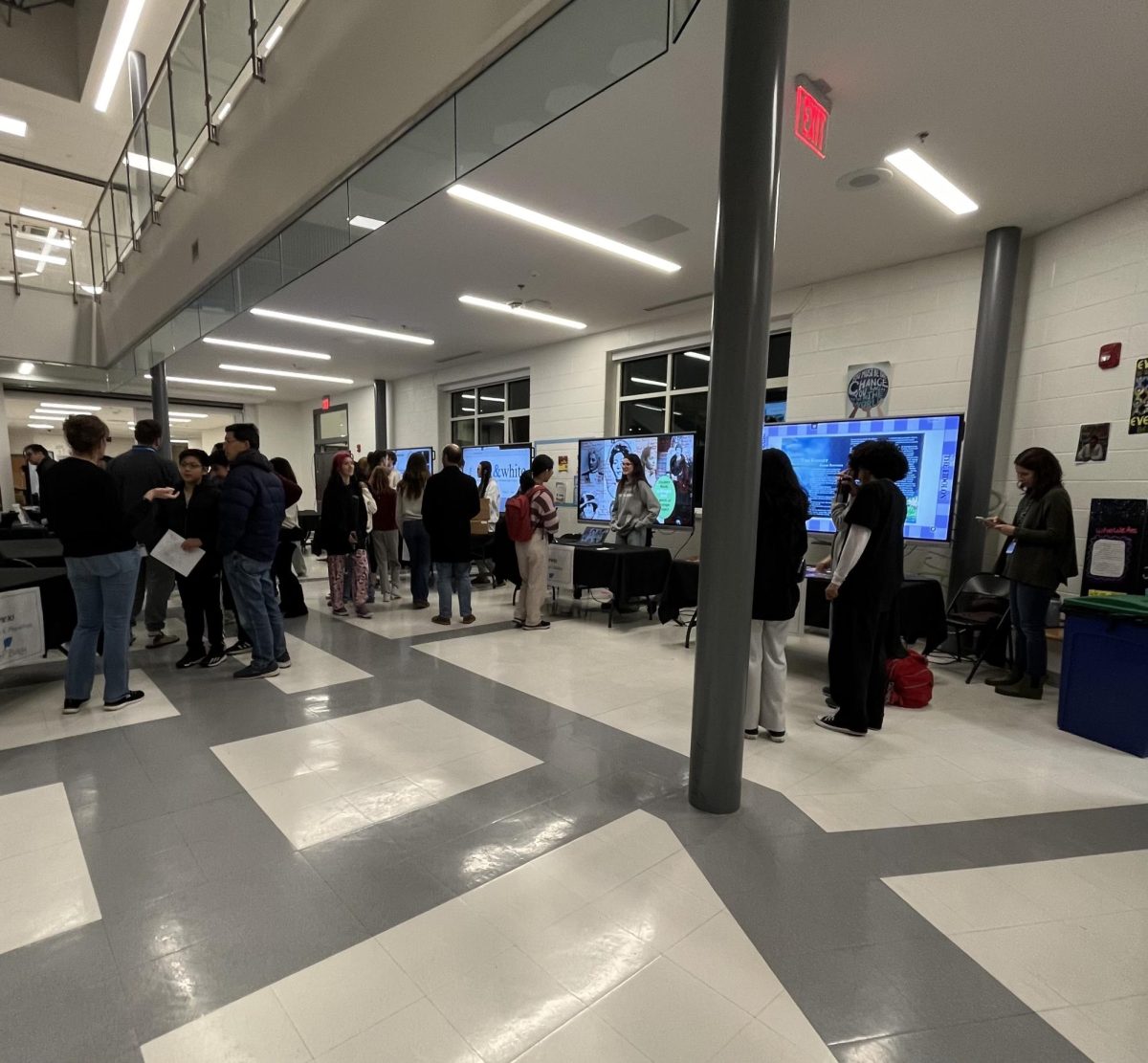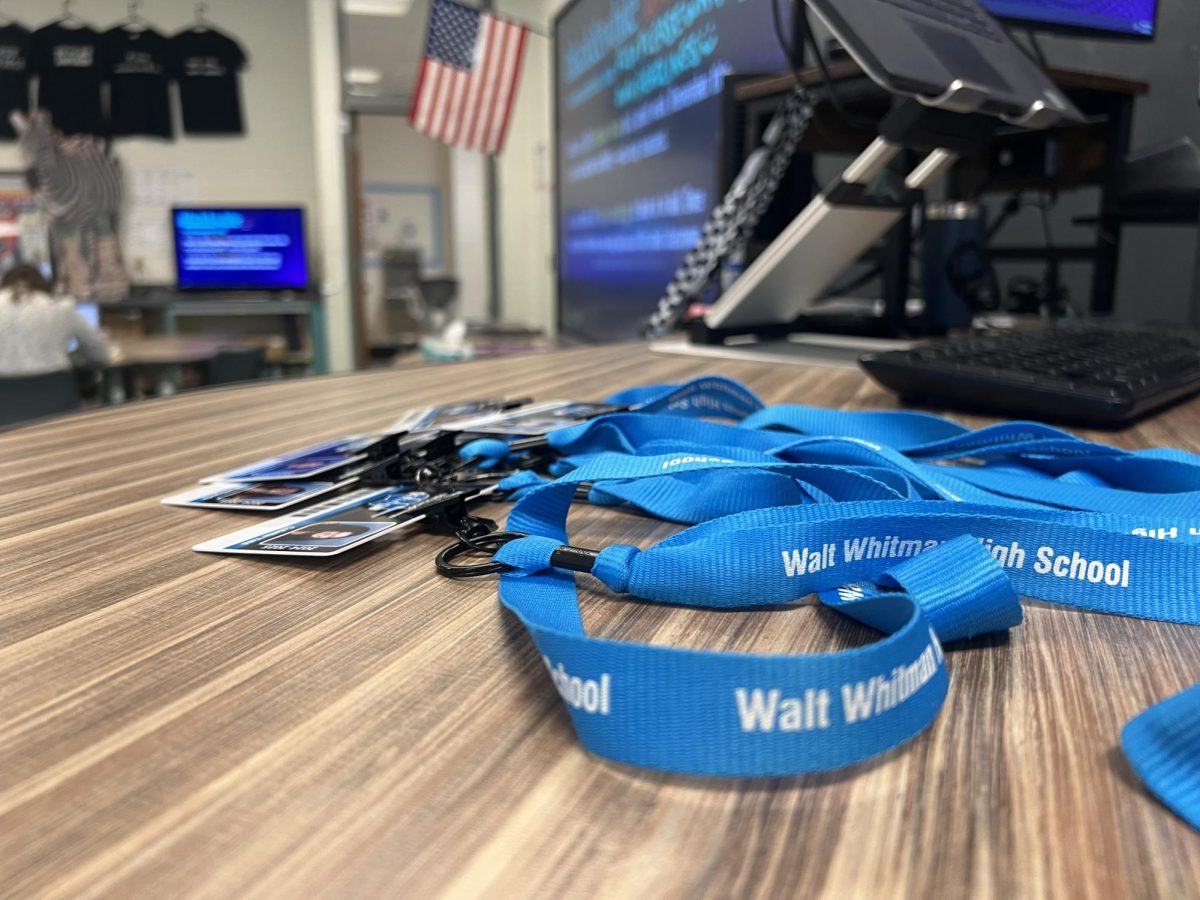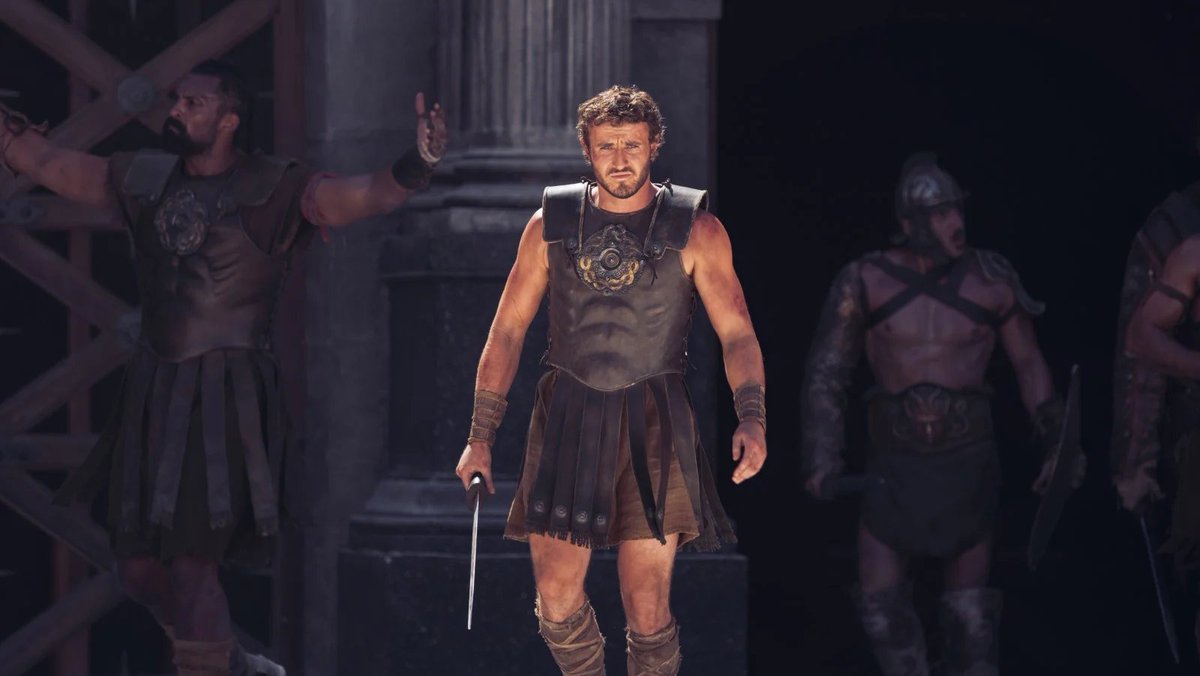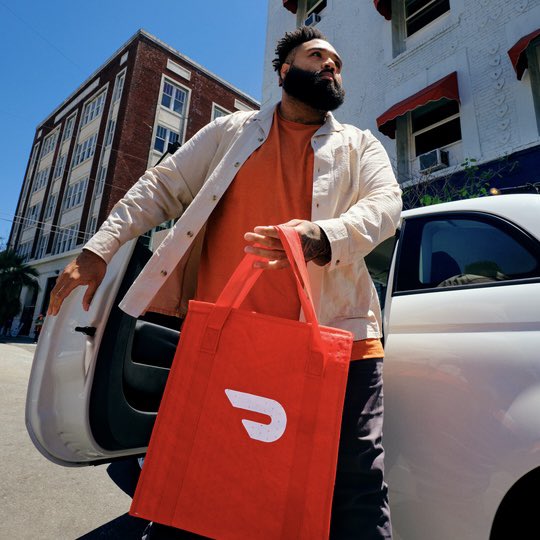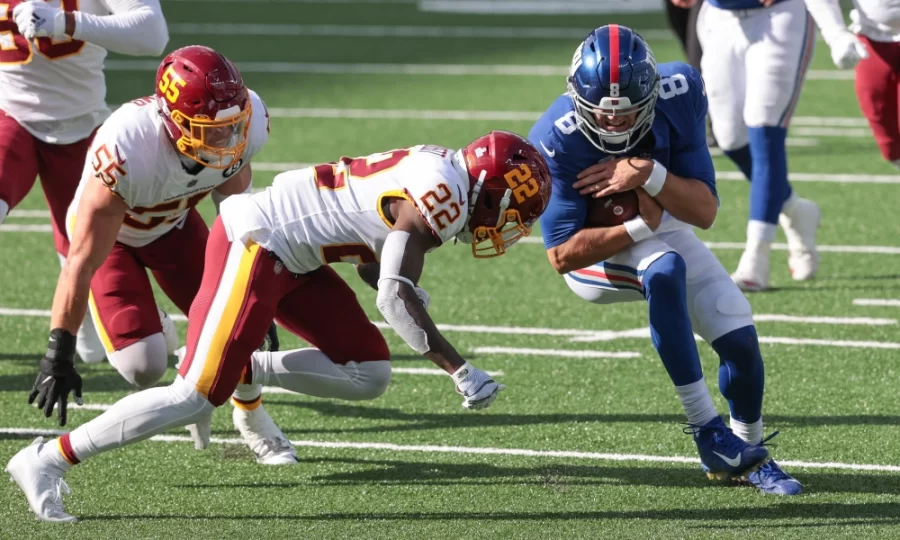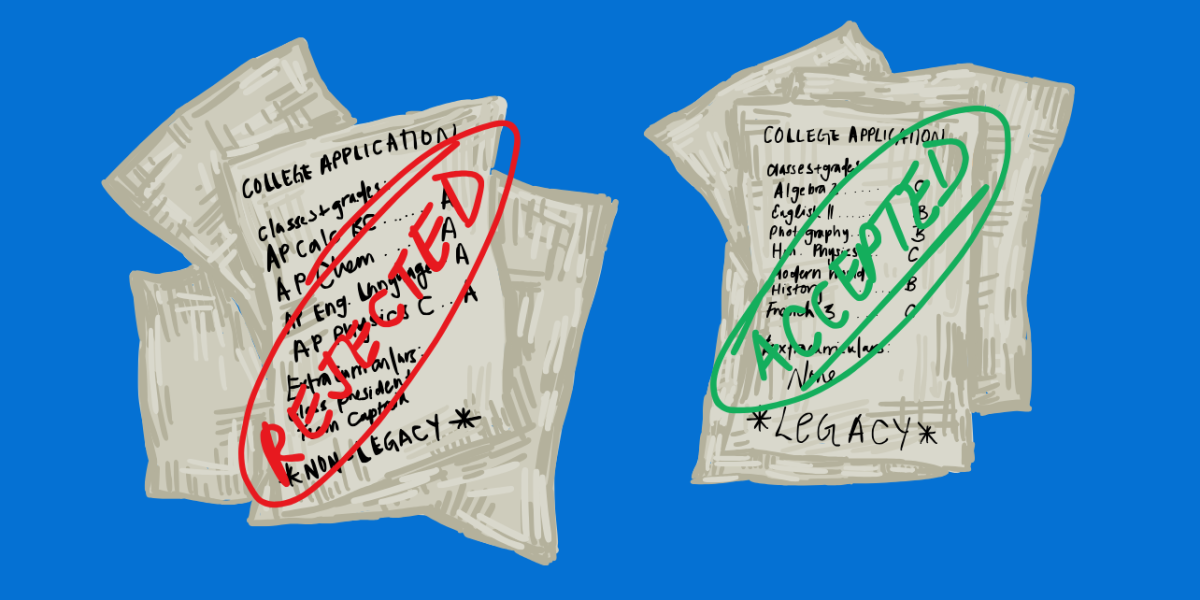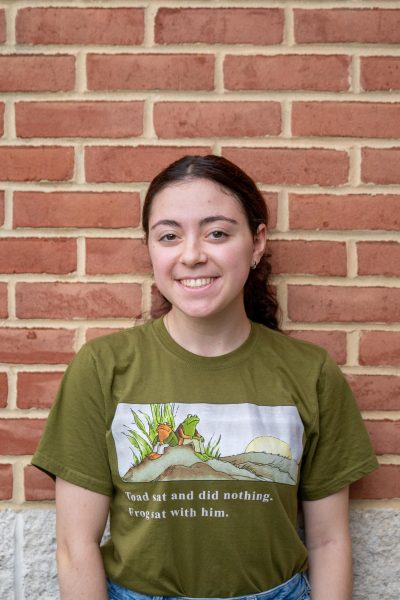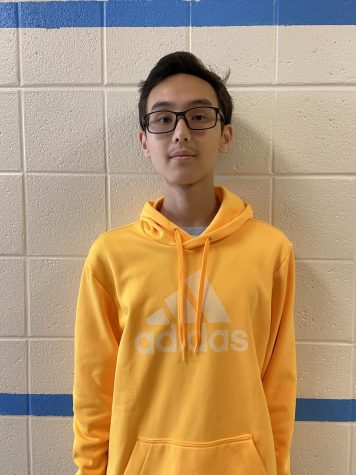MCPS launched its new Blended Learning Program for Long-Term Medically Impacted Students (BLP), Nov. 6. The program replaced the Montgomery Virtual Academy (MVA), which the Board of Education eliminated earlier this year due to budget constraints.
The decision to cut the MVA affected more than 700 students in grades 2-12. Many MVA students relied on the program due to medical circumstances preventing them from attending in-person school, while others chose virtual learning for non-medical reasons.
In June, dozens of MVA families and teachers staged a sit-in at the BOE’s central office to protest the MVA’s closure. Despite these efforts, the BOE finalized the decision. Shortly after assuming his role, Superintendent Thomas Taylor met with MVA families in July and apologized for the BOE’s decision.
Sterling High and Courtney Evans enrolled their son in the MVA and said that throughout the program’s three years of operation, their son thrived in a virtual learning environment. High and Evans planned to enroll their daughter in the Academy this school year before MCPS cut it.
“What was so great about MVA is that it was exactly like in-person school,” Evans said. “The only difference is that you accessed your teacher and your classmates through a computer.”
The MVA’s abrupt closure was announced just months before the new school year, leaving many parents scrambling to find suitable alternatives for their children. For students with medical needs, options were limited to Interim Instructional Services or homeschooling. Interim Instructional Services includes MCPS’s Home and Hospital Teaching Program, a short-term service for students whose medical needs prevent in-person attendance. Students without medical conditions were required to return to in-person school, though some families pursued alternate solutions.
“Some of them moved, a lot of them are homeschooled, and a lot of them have gone to private or virtual schools,” Evans said.
The new Blended Learning Program exclusively serves students with medical conditions that prevent them from attending in-person school for an extended period. Applicants must provide medical verification from a licensed provider to qualify.
Brian Beaubien oversees the Online Pathways to Graduation program, the Home and Hospital Teaching Program (HHT) and homeschooling in MCPS, and helped design the BLP. He said the BLP is similar to HHT but offers more extensive support. HHT has a 60-day limit and focuses on short-term transitions back to in-person learning, while the BLP supports students unable to attend in-person school for the entire academic year.
The BLP’s structure and format depend on student enrollment. High school students take classes through the Online Pathways to Graduation program, while other grade levels combine virtual classroom instruction with asynchronous learning. Beaubien explained that the BLP currently serves 66 students: five in elementary school, 16 in middle school and 45 in high school. Twelve of these students had planned to return to the MVA before its closure.
“Our goal, eventually, as the program evolves, is that every student will be cohorted, and there will be classrooms,” Beaubien said. “But it’s just not possible at this point.”
The BLP offers flexibility with synchronous instruction four days a week and daily asynchronous learning sessions. The program also supports students with special education needs, Section 504 Plans and English Language Development, according to the MCPS website.
Dr. Christina Conolly-Chester, Director of Psychological Services in MCPS, said virtual learning impacts students differently. While some students adapt well, she noted that virtual school can negatively affect others, leading to feelings of isolation from friends and peers. Chester said that MCPS programs have resources to support student mental health.
“Students that are in any program in MCPS can work with their schools in order to engage in mental health services,” Chester said. “Whether it’s working with your counselor, working with your psychologist, or if you have a social worker, those students still have access to those individuals.”
High and Evans decided to enroll their children in the BLP, but Evans said they are skeptical about the program’s success. Over the past months since the MVA’s closure, they have continued advocating for the Academy and the students who thrived in it.
“I didn’t know about this need, because these kids were spread out over 200 schools, and you just didn’t see them before,” Evans said. “They are the definition of the kids falling through the cracks. And then when the pandemic happened, for all the terrible things that happened, it pushed everybody together, and we found each other on accident.”



